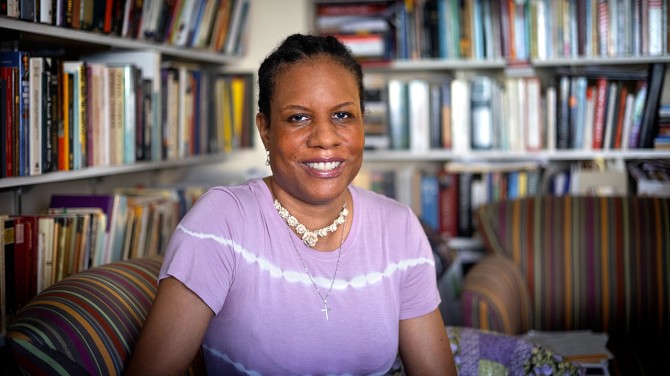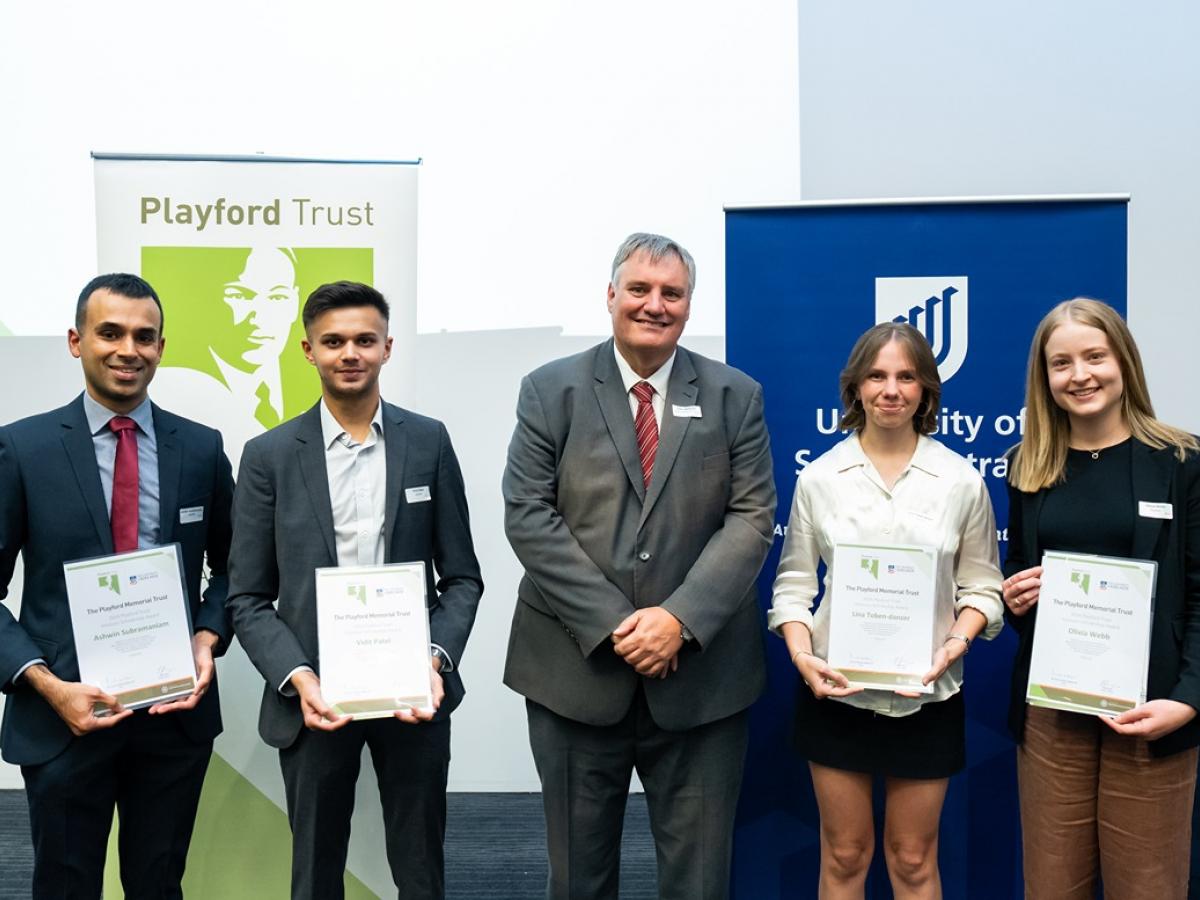Students are being encouraged to learn more about Australia’s veteran community and commemorate the nation’s service men and women as part of the Anzac Day Schools’ Awards launched today.
Minister for Veterans’ Affairs Darren Chester said the awards focus on recognising the service and sacrifice of Australians across a wider range of conflicts and peacekeeping operations, with this year’s theme centred around the effect of the Second World War on the Australian community.
“The Anzac Day Schools’ Awards encourages the next generation of Australians to study and remember all of Australia’s wartime history – from the First World War to modern day conflicts and peacekeeping operations,” Mr Chester said.
“With the cancellation of many Anzac Day services around Australia and overseas it is important that this Anzac Day we still reflect and commemorate the service and sacrifice of the more than 102,000 Australians who have died in wars, conflicts and peacekeeping operations.”
This year on 15 August, Australia will remember Victory in the Pacific and 75 years since the end of the Second World War and for the 2020 Awards students are being encouraged to submit entries focusing on the effect of the war on local Australian communities.
“It’s initiatives such as these awards that help ensure future generations grow up to remember and respect the sacrifice of all those who served during this conflict in order to protect our country and our way of life,” Mr Chester said.
“I encourage all schools across Australia to take part in the competition and I look forward to seeing this year’s entries focusing on telling our nation’s Second World War story.”
The Anzac Day Schools’ Awards theme will change each year to focus on key anniversaries or events which are significant in that calendar year. They will also incorporate two new award categories, the Remote Schools Award and the Specialist Educational Setting Award. The two new awards aim to encourage entries from schools in remote and very remote areas, as well as schools who provide specialist and intensive support in a dedicated educational setting (for example hospital schools, schools for distance education, schools for students with particular health needs).
The national winner’s school will receive $5000, a trophy and a certificate. There will also be state and territory winners, with the schools receiving $3000 and a certificate. Winners in the special categories will receive $2000 and a certificate.








